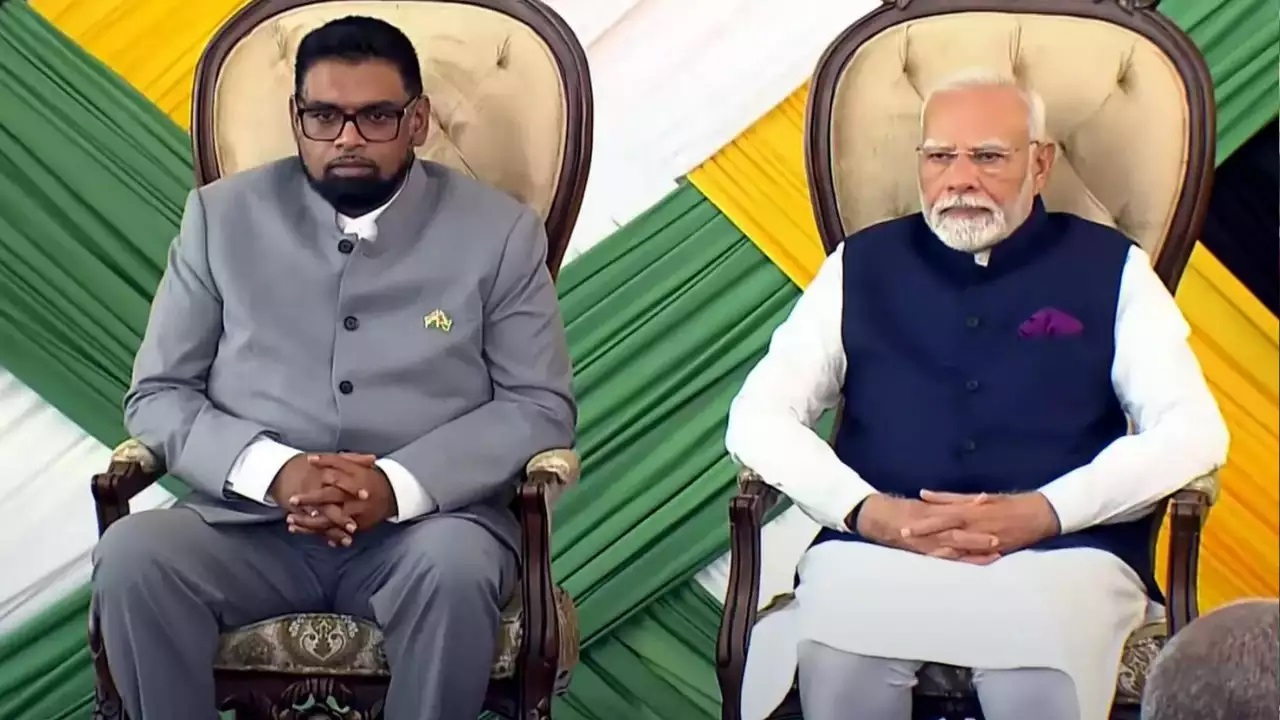Context:
Recently Chief Justice of India (CJI) felt despair over the inaction by the Maharashtra Assembly Speaker with respect to the disqualification petitions of its members that has been pending before him since July 2022.
Role of the speaker:
- As the presiding officer of the Lok Sabha at the Centre and the Legislative Assembly in the States, the Speaker is required to act in an impartial manner. However, the functioning of this institution over the years in India has left much to be desired.
- The presiding officers of legislatures in India are the custodians of the rights and privileges of the House, its committees and its members.
- Apart from the traditional roles with respect to the conduct of business, the Speakers perform two important functions:
- Certifying a Bill to be a Money Bill (over which the Rajya Sabha/Legislative Council have a limited role)
- Deciding on disqualification under the Tenth Schedule for defection.
Bypassing anti-defection law (ADL):
- The Lok Sabha and Legislative Assembly rules provide for suspension of members for misconduct in the House. It has been noticed that the Speakers and the Houses misuse these provisions more often than not against the Opposition members.
- On the other hand, our elected representatives find ingenious methods to circumvent the anti defection law. The authority to decide on the disqualification of members under the Tenth Schedule is vested in the Speaker of the House.
- While he/she is expected to perform this constitutional role in a neutral manner, past instances have hardly inspired confidence, with the Speakers favouring the ruling dispensation.
- The minority judges in Kihoto Hollohan case (1992) were of the view that vesting the power to decide on defections with the Speaker violates the basic democratic principles.
- The Supreme Court in Keisham Meghachandra Singh vs The Honble Speaker Manipur(2020), recommended that Parliament amend the Constitution to vest these powers in an independent tribunal to be headed by judges.
- The present indictment of the Speaker of Maharashtra Assembly is also due to his continued inaction in deciding disqualification petitions for more than a year despite directions from the Court.
Other roles of the Speaker:
- The Speaker is the authority to refer Bills introduced to the Parliamentary Standing Committees. However, even significant Bills that require detailed scrutiny are not referred to such committees. As against more than 60% of Bills referred to committees in the Lok Sabha during 2004-14, less than 25% have been referred during 2014-23.
- Additionally, there have also been challenges in the Court in recent years against certification of certain Bills as a Money Bill by the Speaker of the Lok Sabha.
Once a Speaker, always a Speaker:
- In Britain, the Speaker once elected to his/her office, resigns from the political party to which he/she belonged. In subsequent elections to the House of Commons, he/she seeks election not as a member of any political party but as ‘the Speaker seeking reelection’. This is to reflect his/her impartiality while presiding over the House.
- In the Indian Constitution, while the Tenth Schedule allows a Speaker (or Deputy Speaker) to resign from their political party on being elected to their office, it has been never done by any Speaker till date.
Conclusion:
We should adopt the practices as in Britain to instil confidence in the office of the Speaker. However, even till such time, it is imperative that Speakers eschew the ‘impropriety’ in their functioning and demonstrate ‘impartiality’.
1.jpg)


.jpg)
Comments (0)